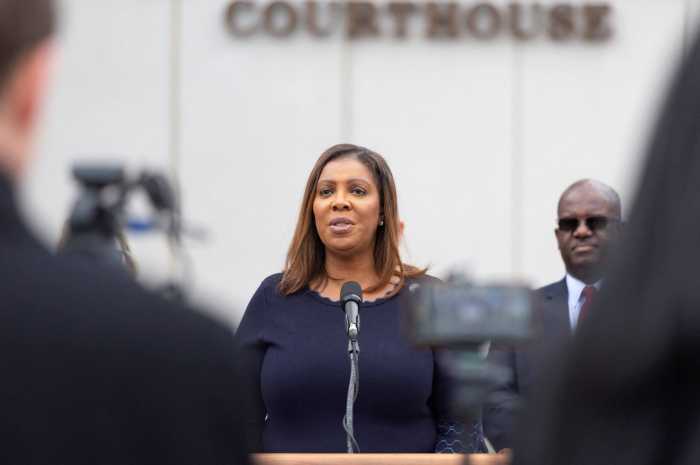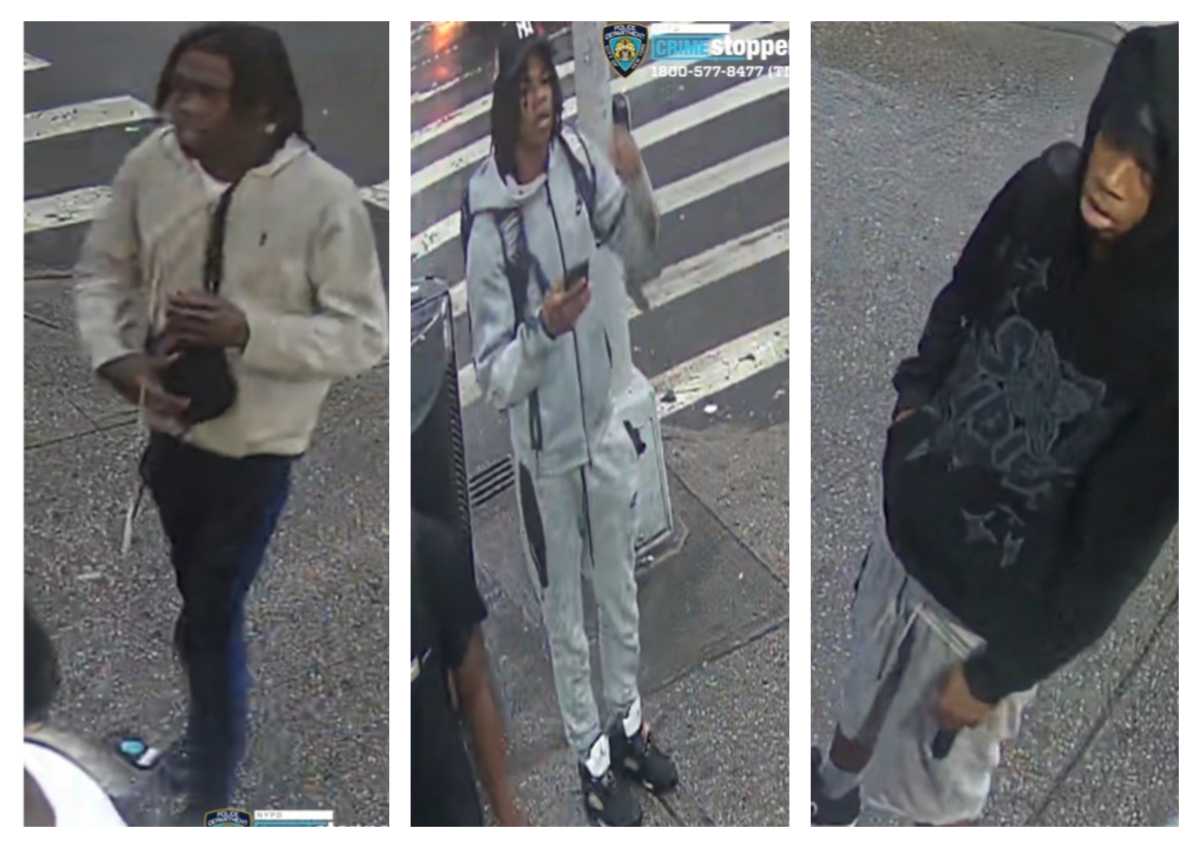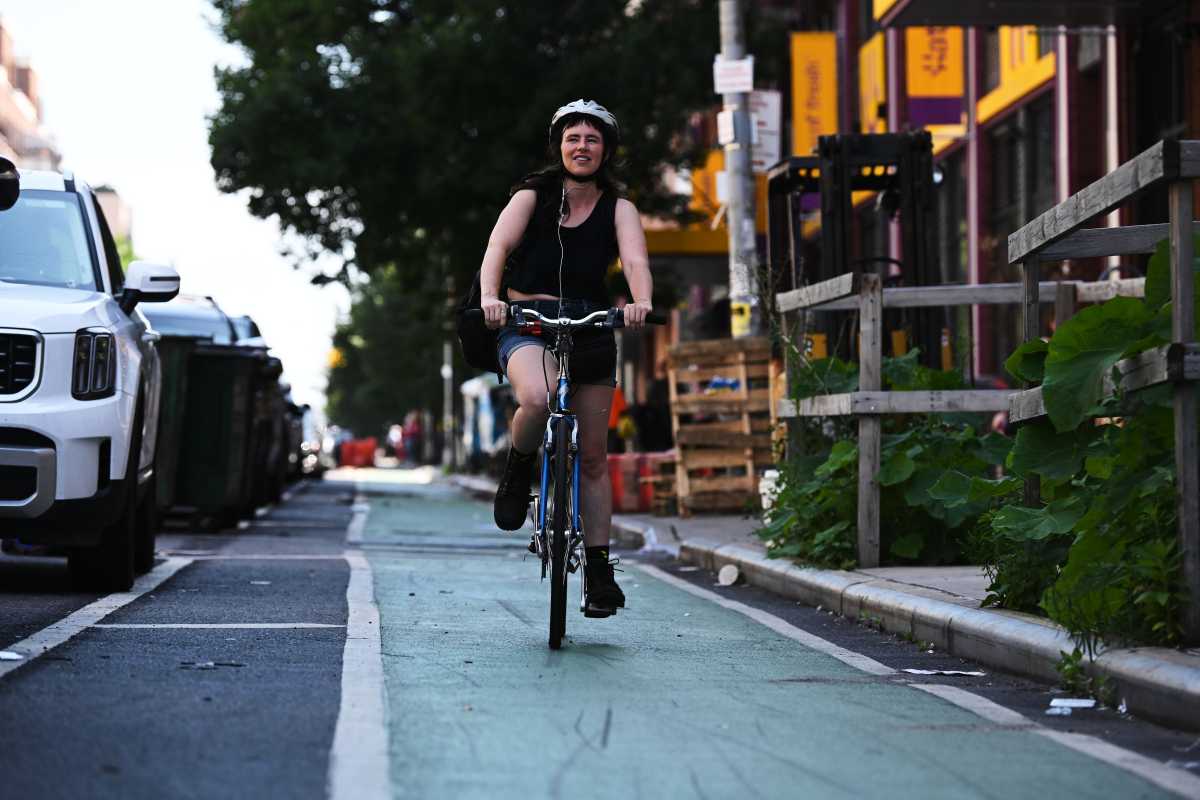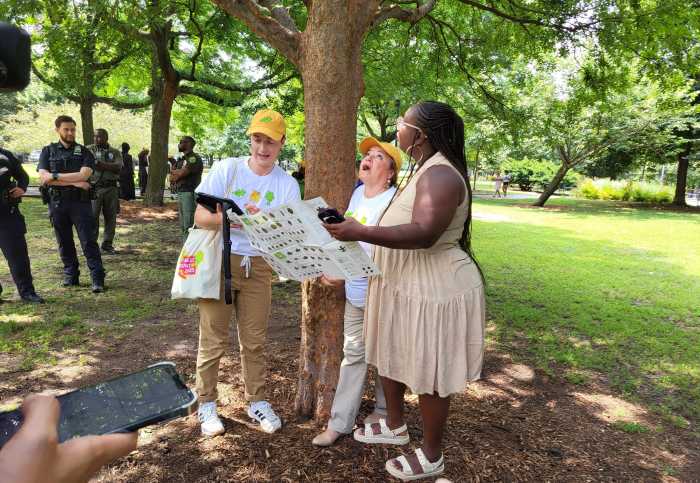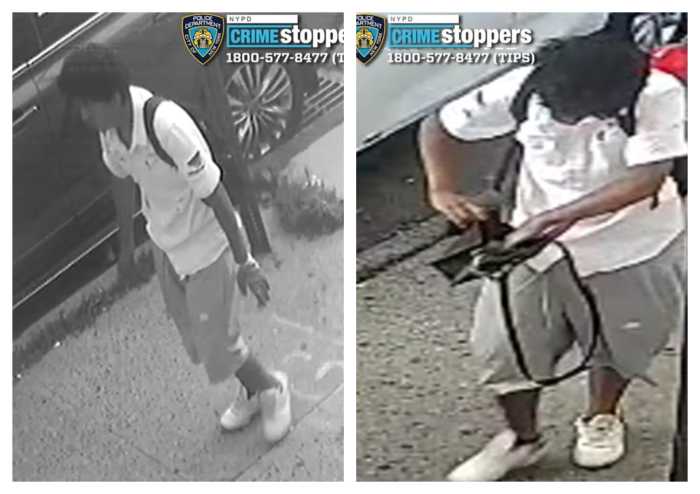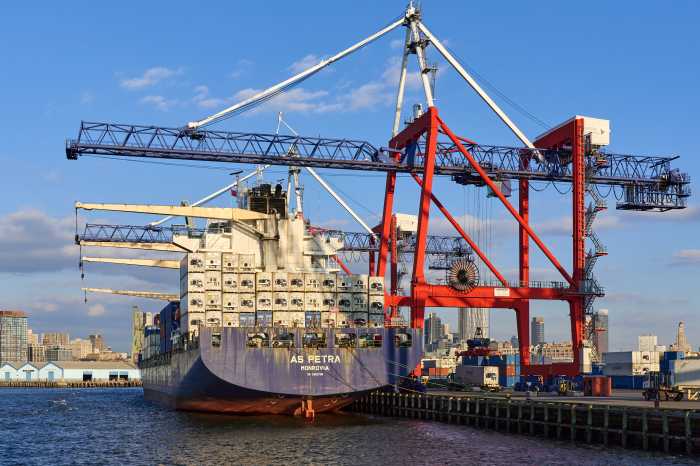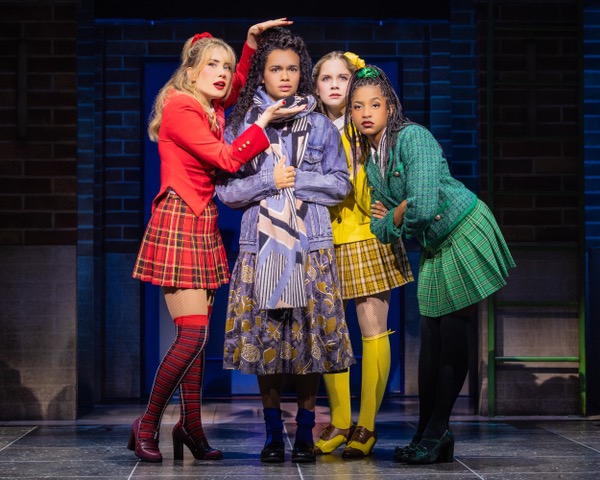NYC’s Scottish expats are prohibited from voting in Thursday’s referendum for Scottish independence because they are not living in Scotland, but they are intensely interested in its outcome.
About 4.1 million registered voters living in Scotland above the age of 16 will be able to cast votes Thursday on a simple question: “Should Scotland be an independent country?” The referendum is the result of a 2012 agreement between the Scottish National Party and the U.K. government to permit, after 307 years together, a Scottish vote on Scottish sovereignty.
Polls indicate the election could go either way, leading to intense speculation as to the future of currency, nuclear weapons now kept in Scotland, North Sea oil wealth, tourism and golf, and Scotland’s legendary whisky distilleries.
The phenomenon of a people voting for their own independence, as opposed to fighting for it, is remarkable in world history.
Scottish New Yorkers, like their brothers and sisters abroad, are variously thrilled and terrified at the prospect.
Colin Reid, 43, a CEO for a consulting company who lives in the West Village, is so passionate about the cause of Scottish independence he co-founded a group called Americans for an Independent Scotland.
“If we were already an independent country today, would we be voting to hand over our independence to a parliament 400 miles away?” asked Reid.
Scots have the right to self-determination and local rule, he argued, explaining, “universities in Scotland are free: They’re not in England. We have more Scandinavian values,” that are under perpetual threat by London-centric British politicians, Reid explained.
While Scotland is theoretically a member of the European Union as a member of the United Kingdom, “our voice is filtered through the British voice,” with issues of particular importance to Scots (such as fishing rights) traded away to benefit others in the U.K., Reid complained.
Adriana Moretti, 43, a former Glaswegian and co-owner of the Incognito Bistro in Chelsea, and now a dual citizen of the U.K. and U.S., would vote “oh my God, no!” if she could.
She worries how independence would affect the government pensions she and her husband have in Scotland. (“They’re secure now,” she noted.) Why rock the already stable boat, the “better together” proponent wondered.
“The schools are in great shape and we have socialized medicine that works,” in Scotland now, she said, adding, “there are too many unknowns,” to go it alone.
Besides, Moretti noted, the people in England, Wales and Northern Ireland “are our brothers and sisters,” and you don’t ditch family.
Speaking of family: Ben McFarlane, 23, a bartender who came to NYC eight months ago, is rooting for Scottish independence from his Bushwick home. His Scottish mother, who now lives on the Upper West Side, is against it, he said.
But despite ardent beliefs and strong feelings, civility reigns: “We’ve fallen out quite a bit over it, but we’ll wake up in the morning and we’re family,” he said. (McFarlane’s mother did not respond to phone messages left by amNew York.) McFarlane’s social media is rife with Scots arguing the pros and cons of self-rule, he noted.
As a bartender with a Scottish accent, MacFarlane will be relieved when the election is over. “Every single day I’m asked my opinion, but the number one rule in a bar is no politics!” he said.
Malcolm Boyd, a managing partner for MJ Boyd Consulting, an operations and compliance staffing agency, in Manhattan, said he might be tempted to open a branch of his firm in Scotland, should his countrymen vote for independence.
“I would be more interested in and excited to know what I could do to help an independent Scotland,” as opposed to a country now controlled by London-based decision-makers, he said.
A free Scotland might presage a friendlier business climate, he speculated. Boyd is confident enough of success that he and his friends are planning “a victory party” Thursday night.
Reid, an organizer of Tartan Army NYC, which supports the Scottish National Football Team, said his football fans are so gung-ho for Scottish independence, “they’d trade some soccer results for a ‘yes’ vote.”





